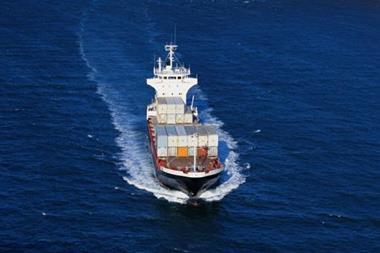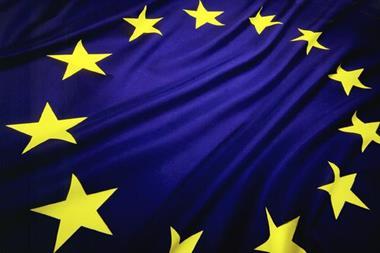European Commission publishes consultation paper on environmental risks associated with ship dismantling
The European Commission has released a consultation paper on how to make the dismantling of old ships safer for workers and the environment.
Highlighting the dangerous and polluting conditions under which many ships are currently broken up on South Asian beaches, the paper sets out a range of options for action at EU level pending the development and entry into force of a planned international Convention on safe ship recycling.
Environment Commissioner Stavros Dimas said: “Many ships from Europe and around the world are broken up in South Asia in appalling conditions which lead to hundreds of deaths and injuries each year and serious coastal pollution. The EU has a duty to take action to protect the health and safety of the workers involved and reduce the pollution these activities are causing. There is an urgent need for binding international rules, but until an international solution is found, the EU should tackle the problem caused by the ship dismantling of state-owned ships and warships. "
Worldwide, between 200 and 600 large merchant vessels are taken apart for their valuable scrap metal annually, and this figure is set to rise in the next few years as single-hull oil tankers are phased out in favour of safer double-hulled vessels. Most of the dismantling industry is located in Bangladesh, India and Pakistan where it provides thousands of jobs.
A lack of environmental and health protection measures, however, means that accident rates among workers are extremely high and pollution from dismantling operations contaminates wide stretches of the coast. Older ships contain many hazardous materials, including asbestos, polychlorinated biphenyls (PCBs), tributyltin and large quantities of oils and oil sludge.
The export of hazardous waste to developing countries is prohibited by the EU’s Waste Shipment Regulation.
The Green Paper proposes that the EU should support the ongoing process to develop an international Ship Recycling Convention, but with a stronger role for the EU itself. It points to the need for a sustainable financing scheme for clean dismantling, which could be organised in the form of a "Ship dismantling fund" and levies on the shipping industry.
The paper also suggests measures which could take effect in the short and medium term. These include better enforcement of the Waste Shipment Regulation by more checks at European ports; more systematic cooperation and information exchange between EU authorities; and publication of guidance such as a list of ‘clean’ ship dismantling facilities.

















